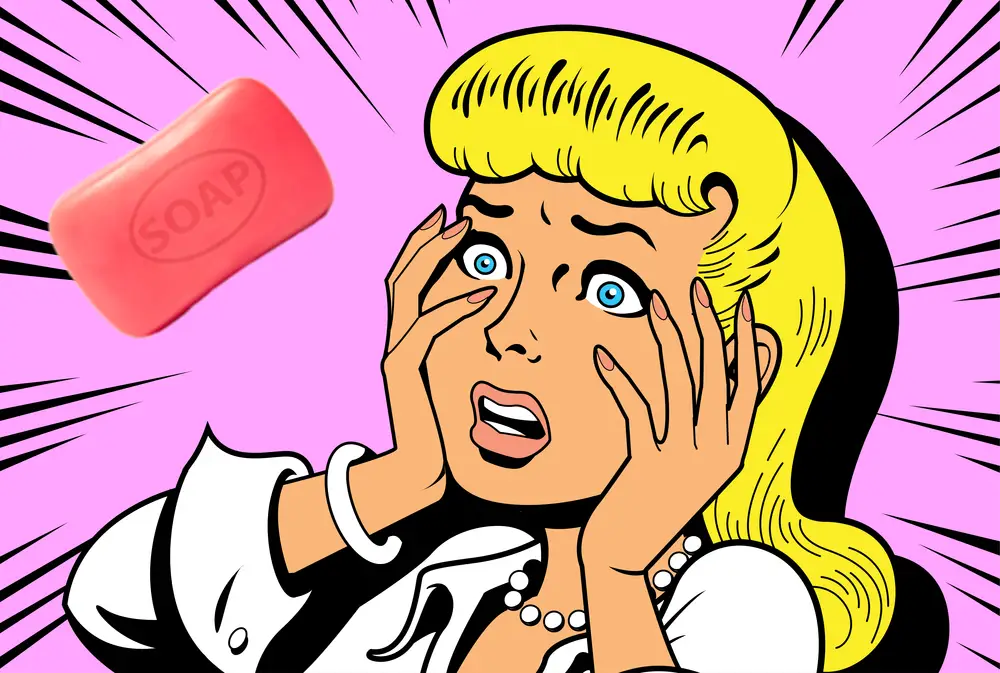Daytime dramas are known as soap operas, but where did the moniker come from, and when did it happen?
The origin of the soap opera can be traced back to short, daytime serial dramas that took place on the radio in the 1930s. Radio executives wanted to increase ad revenue for their stations, so they began to court businesses that sold household products since the majority of people at home during the day at that time were women homemakers.
Procter & Gamble became the first major advertiser to sponsor one of these daytime dramas using their Oxydol soap powder, a laundry detergent. It didn’t take long for other soap and household goods manufacturers to get in on the act. Proctor & Gamble even began to produce their own radio shows. These radio dramas began to be associated with their advertisers, hence the name “soap opera.”
The first real soap opera was created by actress Irna Phillips in 1930 called Painted Dreams at radio station WGN in Chicago. It was a 15-minute daily drama involving a family that included a widow and her unmarried daughter. Phillips later went on to create the first soap opera on television in 1949 called These Are My Children, which should not be confused with All My Children, a completely different show that debuted in 1970. Phillips even created the soap hits Guiding Light, As the World Turns, and Another World.
The term “soap opera” was first used as the name of these shows in 1939, with the first mentions in the Los Angeles Times and New York Times in 1940. Soap companies continued to sponsor the shows that became a huge success even when they moved to television.
Only four soap operas remain today; The Bold and the Beautiful, Days of Our Lives, General Hospital, and The Young and the Restless. The shows have a much different mix of sponsors than those from the beginning days, but they have those early soap advertisers to thank for giving them the name soap operas.
Sources: Online Etymology, Thought Co, Guinness World Records, Finding Dulcinea, Soaps.com


